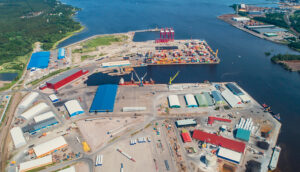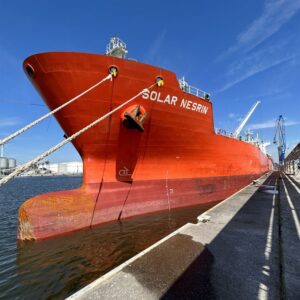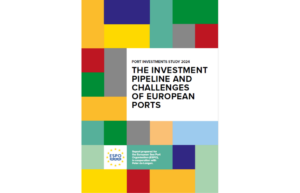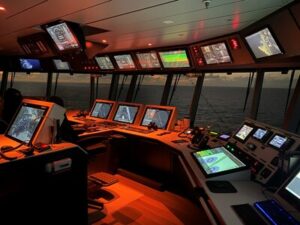The European Sea Ports Organisation (ESPO) has announced preparations to hold a final agreement discussion for Alternative Fuel Infrastructure (AFIR) deployment and renewable/low-carbon fuel use in maritime transport.
The final agreement will be discussed in Strasbourg on 10 July.
AFIR plans to provide the framework for the deployment of onshore power supply (OPS) at EU ports.
The agreements will be put to a vote on 12 July. Both AFIR and FuelEU Maritime are likely to enter into force immediately after the council formalises its agreement with the wording.
READ: Establishing data for onshore-power demand ‘crucial precondition’ for adoption says ESPO
ESPO Secretary General Isabelle Ryckbost, said: “The final adoption of the AFIR allows ports and all port stakeholders who are to play a role in the deployment of OPS to effectively prepare for compliance with the new rules.
“The development and use of new fuels and energy solutions, such as OPS, is the most important pillar of greening the shipping sector.
“The emissions at berth will only go down if the OPS installations are properly used. We now have to take the legislation to the quay and sit together with all relevant stakeholders including shipping lines and terminal operators to make quick progress ahead of 2030.”
READ: Over half of surveyed ports now offer Onshore Power Supply, says ESPO
To assist their members in the process of deploying and using OPS in Europe’s ports, ESPO has already been organising different workshops.
During these workshops, different challenges relating to deployment and use of OPS have already been identified.
Throughout the legislative process, ESPO has been pleading for a goal-based approach and asked the legislators for the possibility to prioritise the OPS investments where it makes the most sense.
In May of this year, the Ministry of Infrastructure in the Netherlands announced it will allocate €140 million ($150 million) over the next few years to help realise shore power plants in seaports.









